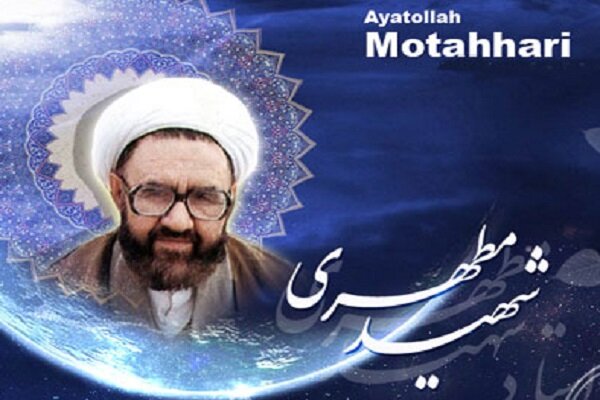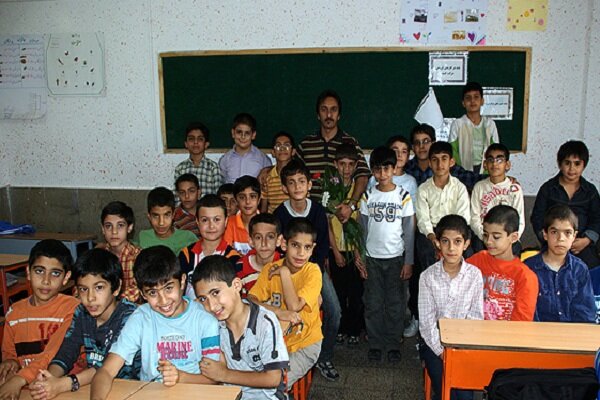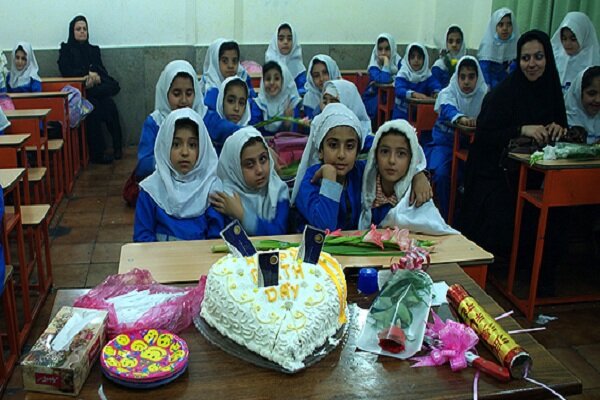Ayatollah Morteza Motahari was one of the most prominent intellectual and cultural figures of modern time. With a very high command of Islamic teachings, he met the myriads of the needs of the present generation. Having novel ideas, creative thoughts, and a proper understanding of Islam, Ayatollah Motahari played an important role in the enlightenment of enthusiasts, especially teachers and academics.
Motahari was one of the main axes of coordination among ulema and university professors during the exile of Imam Khomeini. He has always been regarded as a very knowledgeable expert on Islam and a powerful philosopher who was aware of the conditions of the time.

The awareness of the young generation was an important aim of Motahari and he has written so many books for them, including “Dastan-e Rastan” which received an award from UNESCO in 1965.
Motahari has also written many books on Islam, Iran, and historical topics. He did mostly work on giving lectures about Islam rather than writing books. However, after his death, some of his students worked on writing these lectures and managing them in order to publish them as books.
He served in the Tehran University as the head of the Department of Theology and Islamic Teachings. At the time of his assassination, he was the president of the Constitutional Council of the Islamic Republic of Iran and a member of the Revolutionary Council.
Because of his activities, he was favored by revolutionary people and was hated by the anti-revolutionaries group, such as the Islamist Furqan Group. On 1 May 1979, Morteza Motahari was assassinated in Tehran by gunshot after leaving a late meeting at the house of Yadollah Sahabi. The Furqan Group claimed responsibility for the assassination.

The 12th day of Ordibehesht, the second month on the Iranian calendar, which fell on May 1 this year, has been designated as Teachers' Day in Iran to commemorate the martyrdom of Ayatollah Morteza Motahari, an Iranian cleric, philosopher, lecturer, and politician.
The idea of celebrating Teachers’ Day took root in many countries during the 19th century; however, unlike many other International Days in most cases, the day is marked on various dates for different nations by celebrating a local educator or an important milestone in education. Many countries celebrate World Teachers' Day, established by UNESCO in 1994, on 5 October as their Teachers' Day.

Teachers’ Day is a special day to pay tribute to teachers and appreciate their efforts which include celebrations to honor them for their special contributions to educating the younger generation.
Worldwide, teaching is the most influential job. Teachers are known to shape the mind of youth as without knowledge no one can exist in this world. Teachers are capable of imparting good values to children and turning them into responsible citizens.
Teachers are the architect of society and without them, no society can walk on the path of progression. Teaching is an art and a teacher is an artist. Knowledge, contemplation, and creativity are the characteristics of a teacher that go along with the science of the day.

Because of the spiritual impact of teachers, students are highly affected by them so that they may even change the fate of their nation. Most people owe their success to their teachers.
As in many parts of the world, teaching is also sacred in Iran and the young and old sustain undying respect for those who strove so hard to increase their knowledge, honoring them with a small gift or flowers on this day.
Special ceremonies are held on Teachers’ Day in schools, educational institutions, and universities nationwide.
(Source: Mehr News Agency)